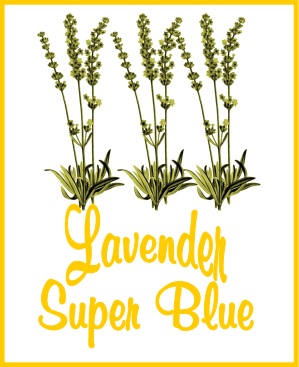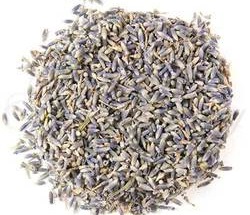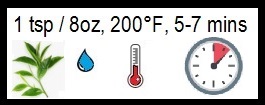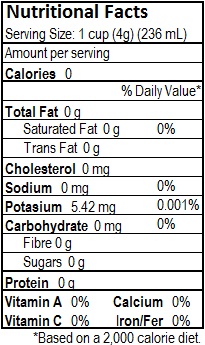

Mild with slight pungent and a distinctive floral perfume character.



Just for Fun: The lavender fields of Provence have been described, "In the solitude of the Lure Mountains, lavender grows everywhere. At harvest time the evenings are lavender-embalmed. When you have lived the lavender nights and these days you are forever attached to the spirit of this perfume". Lavender flowers are gathered when they first start to bloom and are dried on a cloth, as they tend to fall apart. Lavender is most often used for perfuming, but it is also an excellent plant for infusions and has an agreeable floral flavor. Herbalists recommend lavender to treat migraines, ease digestive spasms, and for certain respiratory problems. Lavender is also used for soothing the nervous system, (see below directions for preparation as an infusion). Lavender is also used as a local anesthetic. It is applied as a compress directly on a cut, bruise or sprain. To make lavender decoction boil 3 tablespoons of flowers in 1 liter (or quart) for 10 minutes. For bee stings, a teaspoon of petals in a sachet soaked in very hot water and then applied to the sting can help ease the pain and swelling. Lavender is often used to make a bath a pure aromatic delight. The practice of using it in bathes dates to ancient Rome where lavender was so prized that few of the aristocracy considered bathing without it. Proof of this can be found in the root of lavenders names: In Latin, lavare means "to wash?. To make a nice vinegar-bases cleansing lotion to sweeten up bathwater and use as a hair rinse after shampooing, soak 1/2 cup of lavender in 1 quart of cider vinegar and allow to "brew? for 1 week. Lavender has been used as a natural pesticide. Rubbing the wood of cabinets and cupboards with the essential oil keeps mites and flies away. The dried flowers are also placed in a cloth sachet and hung in wardrobes and linen closets to keep insects and mites at bay. Tea uses - Since Lavender has quite an aroma and flavor profile it is often used to give a tea a special signature. Lavender mixed with Earl Grey gives a very interesting "twist?. In fact for teashops that want to create their own signature blends, Lavender can make your blend distinctive and a blend that only "you? can create. A special blend helps build loyalty amongst your customers and is well worth the effort.

Ingredients
Lavender petals
Allergen Information - None present in product.
Country of Origin
France - Provence
Manufacture Type
Traditional process, small batch crafted, Air and sun dried
Grade - Grade A New Crop, Super Blue Petals
Caffeine content - None - Caffeine Free Herb
Antioxidant Level - Low
Social Accreditations -
Exceptional/Rare tea
Egyptian Camomile - Tisane
Versailles Lavender Earl - Black
Provence - Rooibos
Poet's Wellness - Rooibos
Lullaby - Tisane